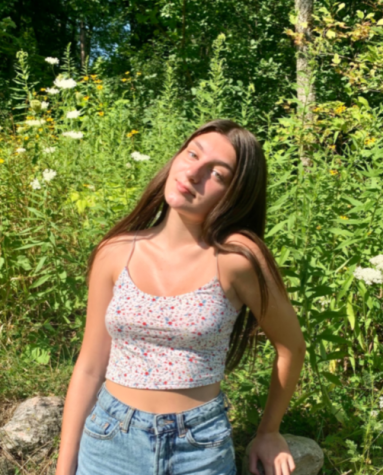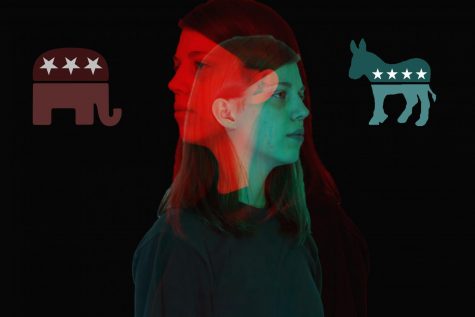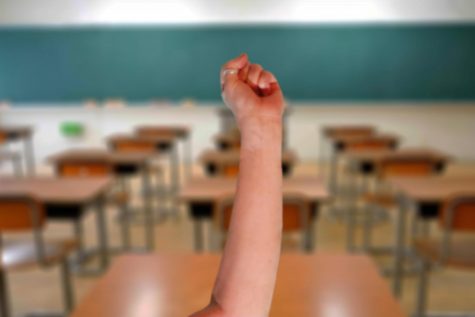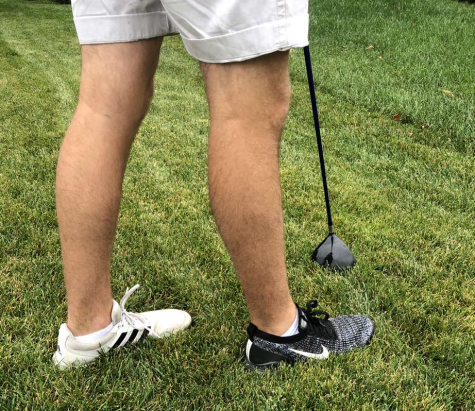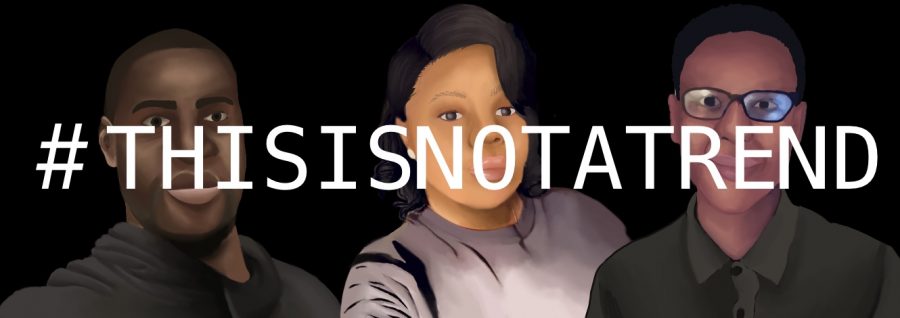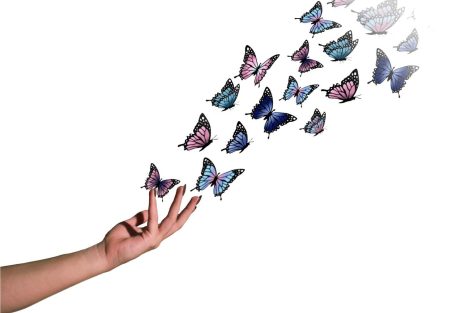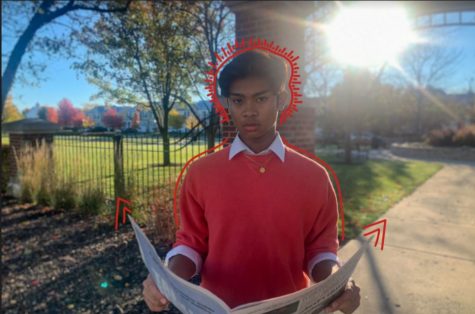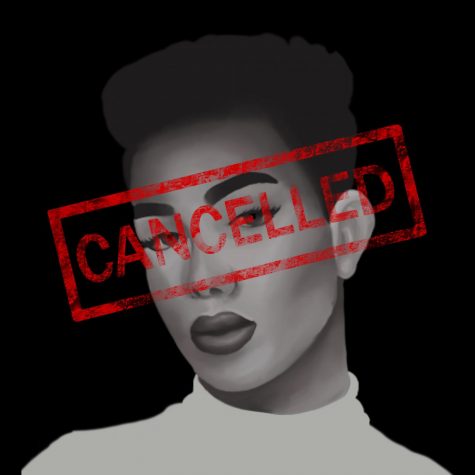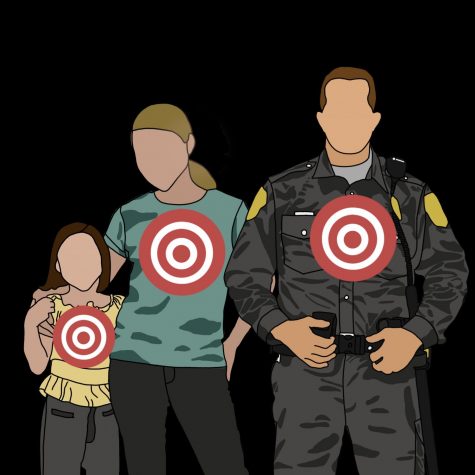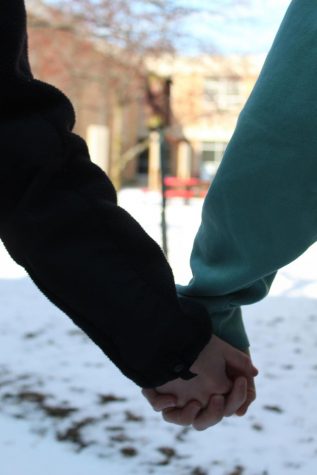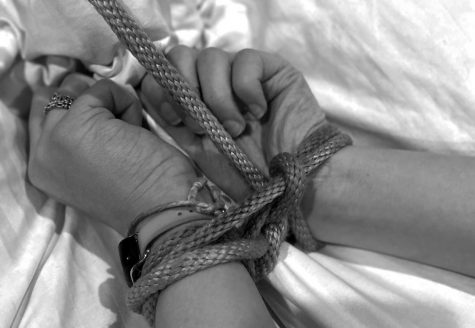#ThisIsNotaTrend
As Black Lives Matter continues to gain supporters, there are certain people that treat the organization as a trend rather than a movement.
The Black Lives Matter movement has become a growing trend in recent years. “Everything people post on Instagram and everything [related to] politics is a trend now” sophomore Kelsey Aviles said. Despite how serious of a topic it is, some individuals post about BLM specifically because it is trendy.
Racial injustice and police brutality has been an issue in the United States and the entire world for a tremendous amount of time. On Feb. 26, 2012, an unarmed African American teenager, Trayvon Martin, was shot and killed by a neighborhood watch captain in Sanford, Florida, while walking home from a 7-Eleven. The watch captain was ordered not to approach Martin, but he disobeyed those orders, resulting in Martin’s death. This tragedy sparked the global mission to fight racial injustice. In 2013, in response to the acquittal of Martin’s death, Patrisse Cullors, Alicia Garza and Opal Tometi created Black Lives Matter.
Years after Martin’s death, 26-year-old Breonna Taylor was shot and killed in her Louisville, Ky apartment by a police officer on March 13, 2020. This event captured Americans’ attention everywhere, bringing the ongoing issue of police brutality in America to light once again.
Months later, on May 25, 2020, an unarmed African American man named George Floyd was killed in Minneapolis, Minn., by a police officer. This was yet another instance where an African-American man was killed by police, which sent a wave of anger and fear sent throughout the United States. People across the country were making and signing petitions to serve justice for Floyd and his family. People of all ages were posting on social media to spread awareness about the ongoing issue of inequality.
Then came Blackout Tuesday, a day of silence for Floyd and other victims of racism. Celebrities, companies and people across the country participated on this day. On platforms such as Instagram and Facebook, users posted a black square with the hashtag #blackouttuesday. Users were to hold off on posting anything other than the black square to spread awareness. While this had a positive impact in many ways, it also raised a few questions about the participants’ authenticity. Do some people have a guilty conscience? Are some treating the Black Lives Matter movement as a trend on social media?
Antioch Community High School senior Gloria Lobodzinski is an active supporter of the Black Lives Matter movement. She encourages people to sign petitions, donate, attend peaceful protests, support black-owned businesses and call out racism in day-to-day life to contribute to the cause as much as possible.
“I think a lot of people know that supporting Black Lives Matter is the right thing to do; however, they do it to prove they are a good person when not actually meaning it,” Lobodzinski said. “Black Lives Matter is not something to use for your feed. It is not an aesthetic. Acknowledging it on social media, then forgetting about it or not actively fighting for it in your real life is a form of privilege.”
According to University Press, there was no intention of Blackout Tuesday becoming a trend, but the proof is in the numbers. The Justice for George Floyd petition gathered 11.7 million signatures, while the #blackouttuesday tag had over 23.3 million posts. What happened to the over 10 million people posted on Blackout Tuesday but didn’t sign the petition? It is easy for someone to share a post on social media, but one could argue that those should not be off the hook that easy; there is more to be done. A blank Instagram may not lead to any change. Signing a petition, donating, phone banking, protesting, speaking up and just doing something could have a larger impact.
ACHS senior Tessa Wolf has noticed the blatant systemic racism in today’s society and wants to do her part in the Black Lives Matter movement.
“I think that the people who post about Black Lives Matter on social media have good intentions, but I also think that many of them overlook what the movement really is,” Wolf said. “Raising awareness is much more than a repost on Instagram. To get change in the world, people need to take action. I feel like the people who only post about it and don’t actually go out and support the movement are just uneducated about where they can go about doing so.”
ACHS sophomore Kelsey Aviles supports Black Lives Matter because she believes that people should not be mistreated or fear for their life based on their skin color. She has more recently gotten involved with the movement by posting inspirational quotes on her Instagram story.
“I one hundred percent think that everything people post on Instagram about politics is becoming a trend,” Aviles said. “People started to do it and more people followed, which isn’t necessarily a bad thing because it spreads awareness, but Black Lives Matter isn’t a trend, it is basic human rights.”
Cullors, Garza and Tometi created Black Lives Matter to fight racism and serve justice to the discriminated Black communities, and that is what it will continue to do. The year 2020 has shaken the world in many ways, with the arguably high levels of racism displayed and the newfound activism seen as a result. Spreading awareness through social media while standing up to racism in everyday life may bring the world one step closer to eliminating the systematic racism built up since the beginning in the United States.
